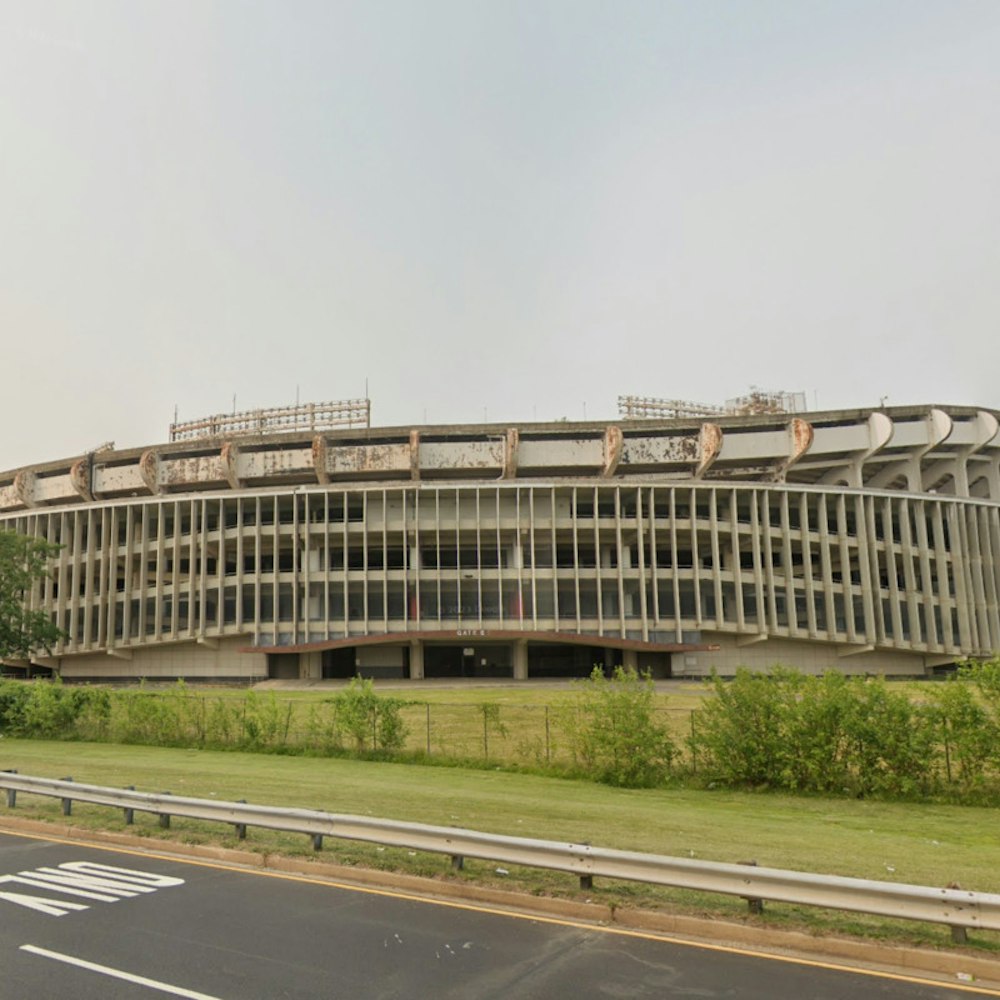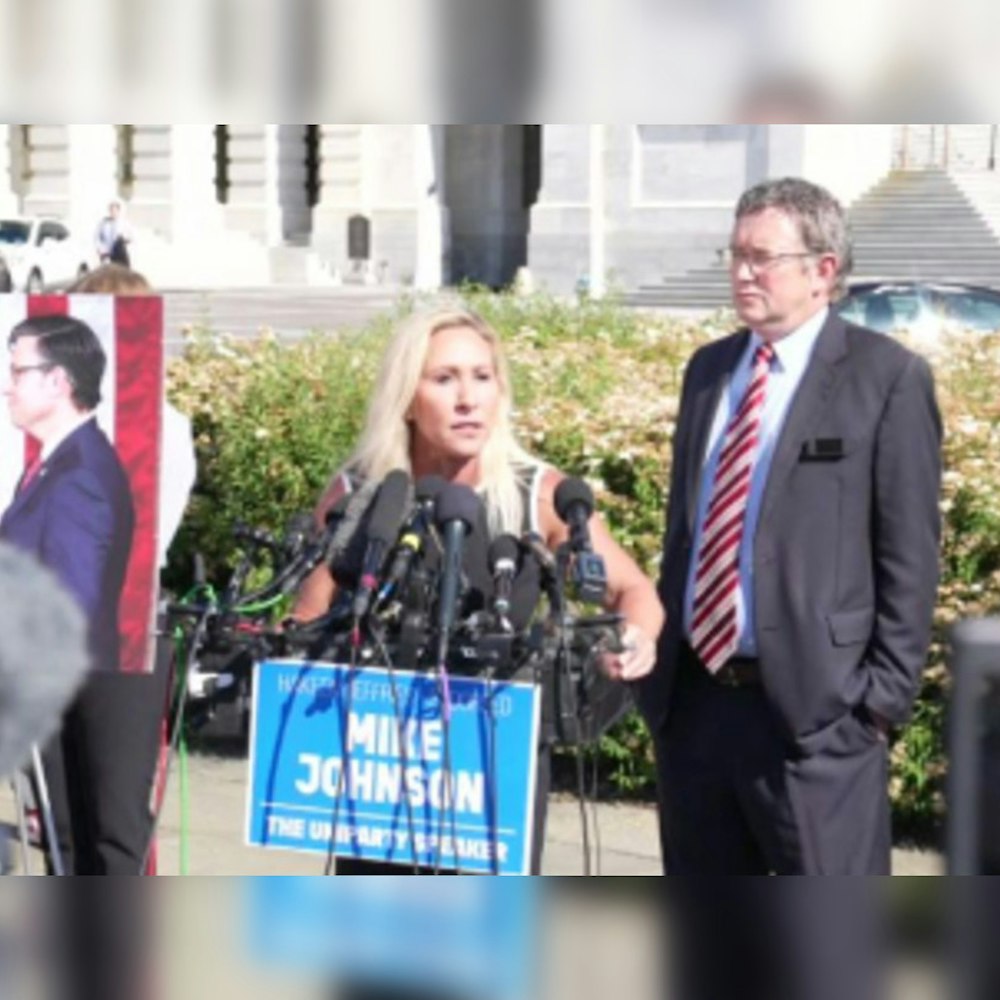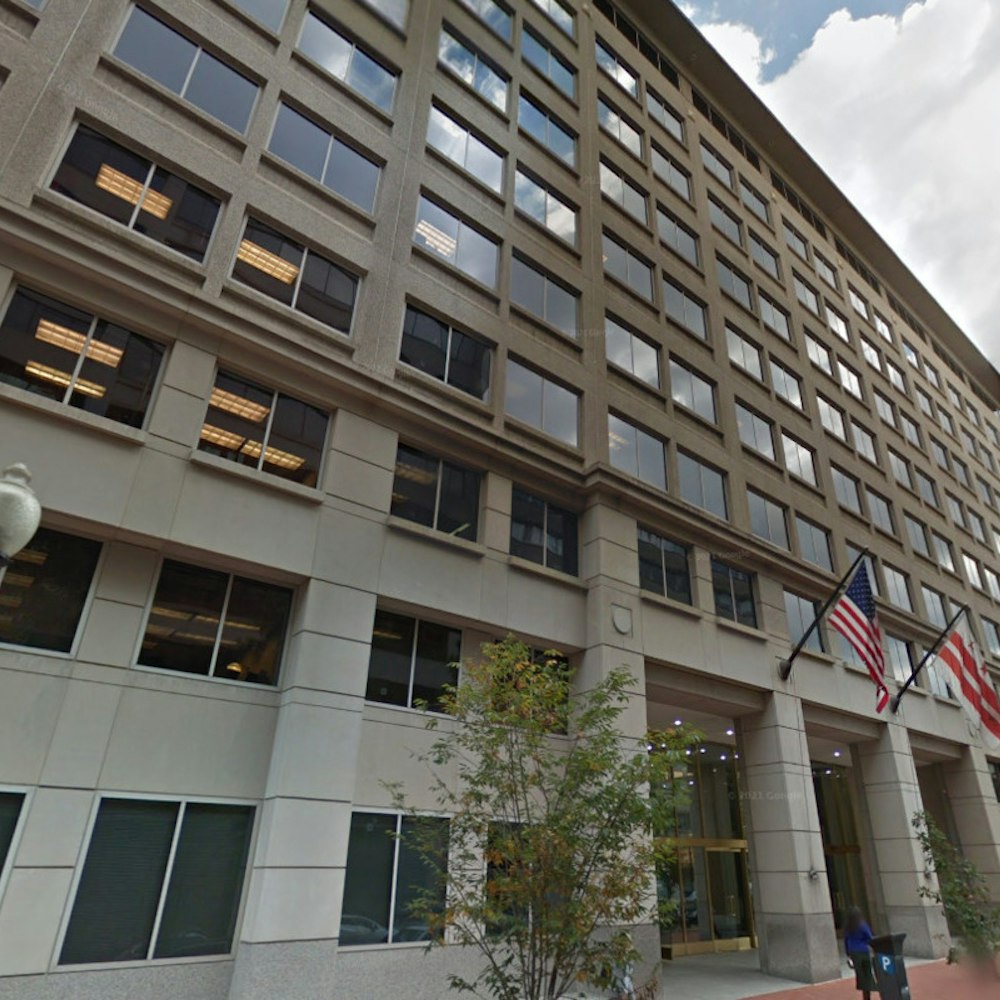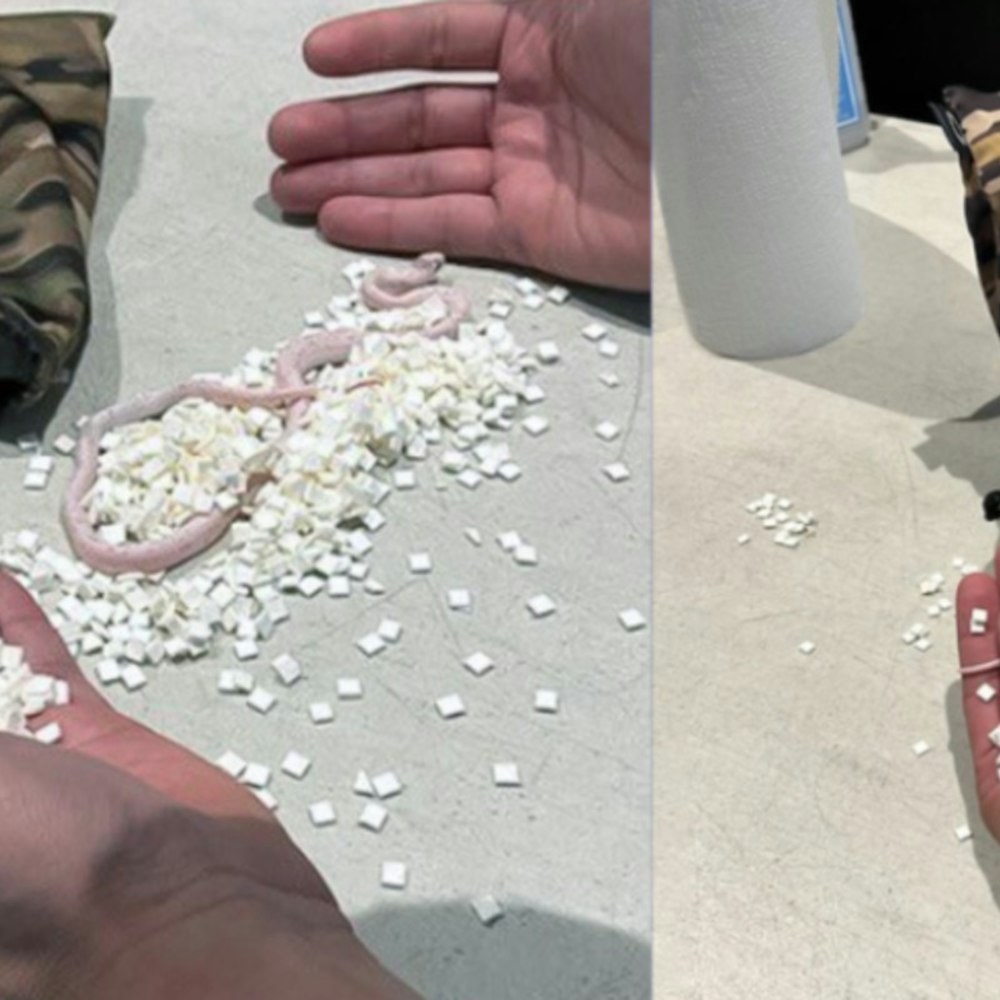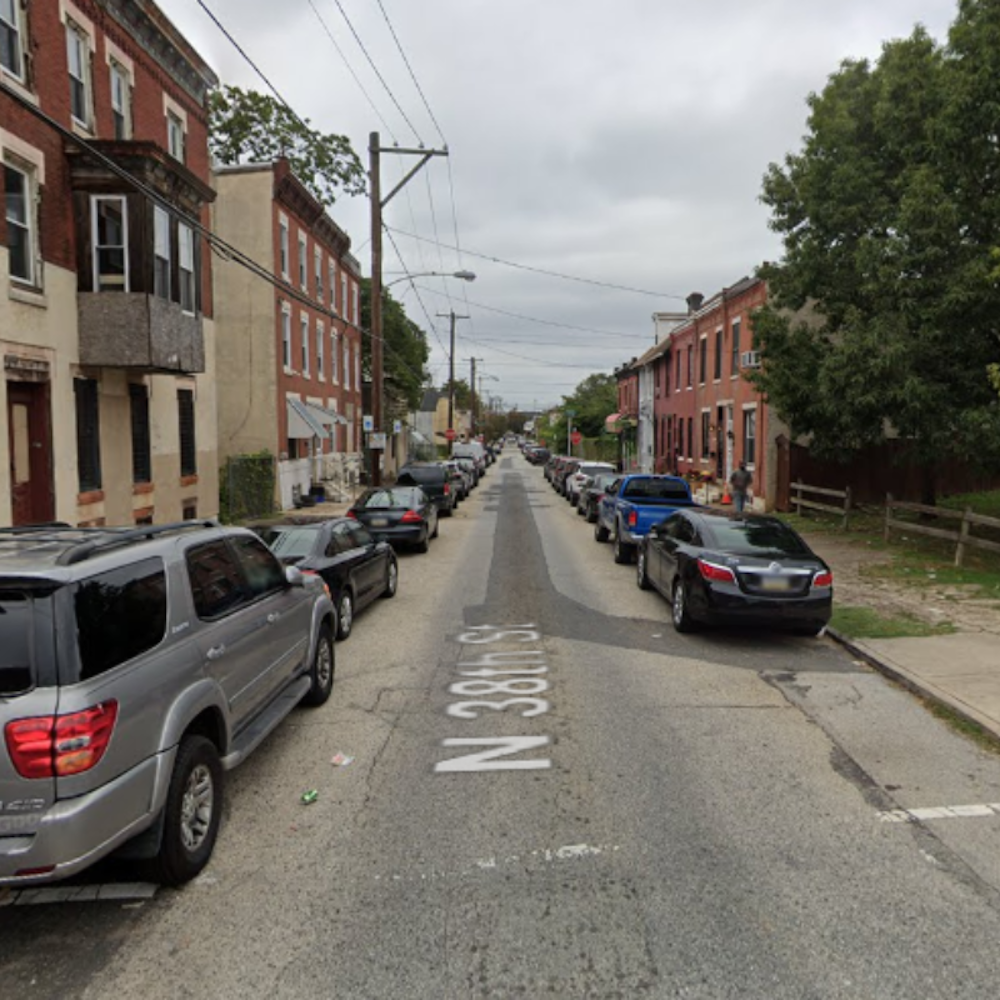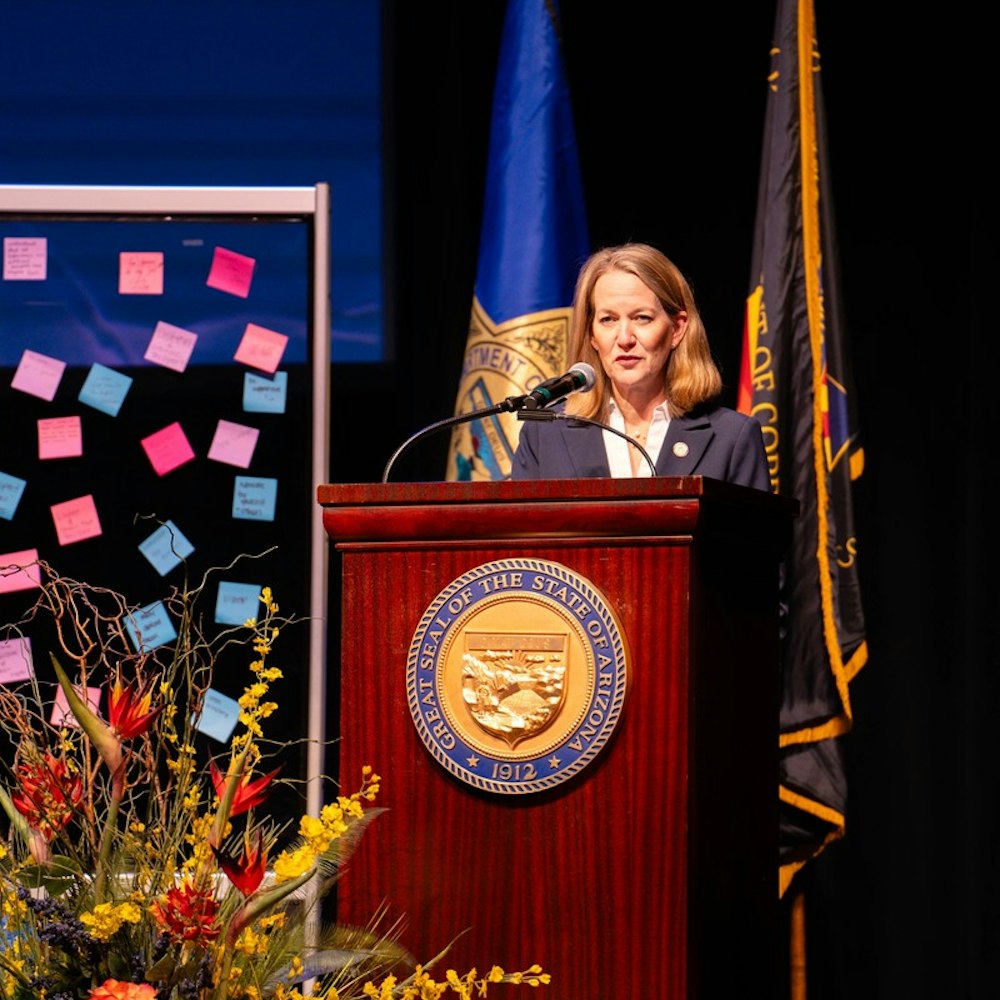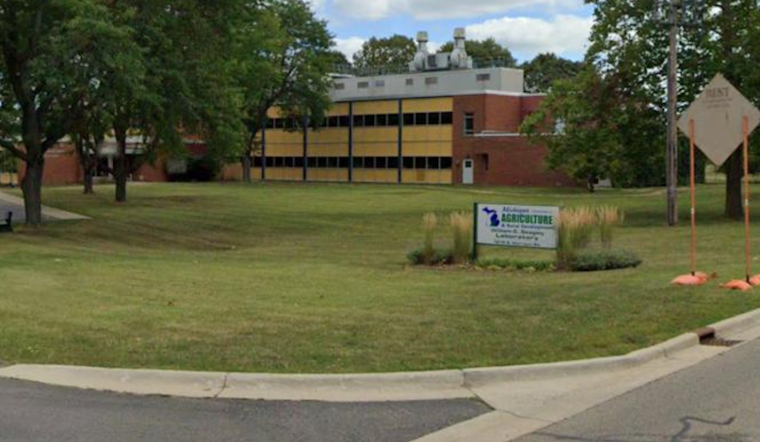
Michigan is facing a feathered foe as a case of the highly contagious bird flu has been reported at a commercial poultry facility in Newaygo County, marking the seventh such instance in the state since 2022. The virus, officially known as Highly Pathogenic Avian Influenza (HPAI), is sweeping through the region, having previously been detected in six other Michigan locations. According to FOX 2 Detroit, the virus has taken hold during the migratory bird season, with concerns about its potential to spread further.
With the bird flu outbreak underway, the Michigan Department of Agriculture and Rural Development (MDARD) has issued a warning about heightened risks of the virus spreading, especially with the migratory season in full swing. "As wild birds continue to migrate and the outside temperatures remain cool and temperate, conditions are ideal for the virus to spread," Dr. Nora Wineland, state veterinarian, told ClickOnDetroit. She emphasized the critical need for producers to "tighten protocols" in a bid to shield animal health from the virus' reach.
The presence of HPAI in Michigan is challenging agriculture officials, who have placed affected facilities under quarantine. In some cases, birds will be "depopulated" to curb the outbreak. These drastic steps are a response to the virus's ability to spread through various means, including direct contact with infected birds, contaminated equipment, and even the clothing and shoes of those caring for the birds. A recent incident saw the virus jump species, infecting a person in Texas after contact with a dairy herd, as noted in a report from Hoodline. Despite the interspecies transmission, health officials ensure that the risk to the public remains low.
Additional cases of HPAI have stirred tensions in Michigan's dairy industry, with the virus infiltrating dairy herds across several counties, including Ionia, Isabella, and Ottawa. Director Tim Boring of MDARD acknowledged the gravity of the situation, as per Hoodline, "This virus does not stop at county or state lines, which is why we must all be on high alert." Farmers are urged to increase biosecurity measures to prevent further spread, with Wineland assuring the agriculture community that, with adequate veterinary care, dairy cows are recuperating from the virus.
Preventative steps include strict hand and equipment sanitation and keeping domestic flocks separate from wild birds. The Michigan Department of Natural Resources has provided guidelines for bird owners to follow these practices rigorously. Statewide, vigilance is paramount as anyone spotting sudden unexplained bird deaths or noticing health declines in domestic flocks is encouraged to report their observations. Contact information and resources for addressing potential HPAI cases have been widely circulated, emphasizing the shared responsibility of the community in managing this public health scare.



